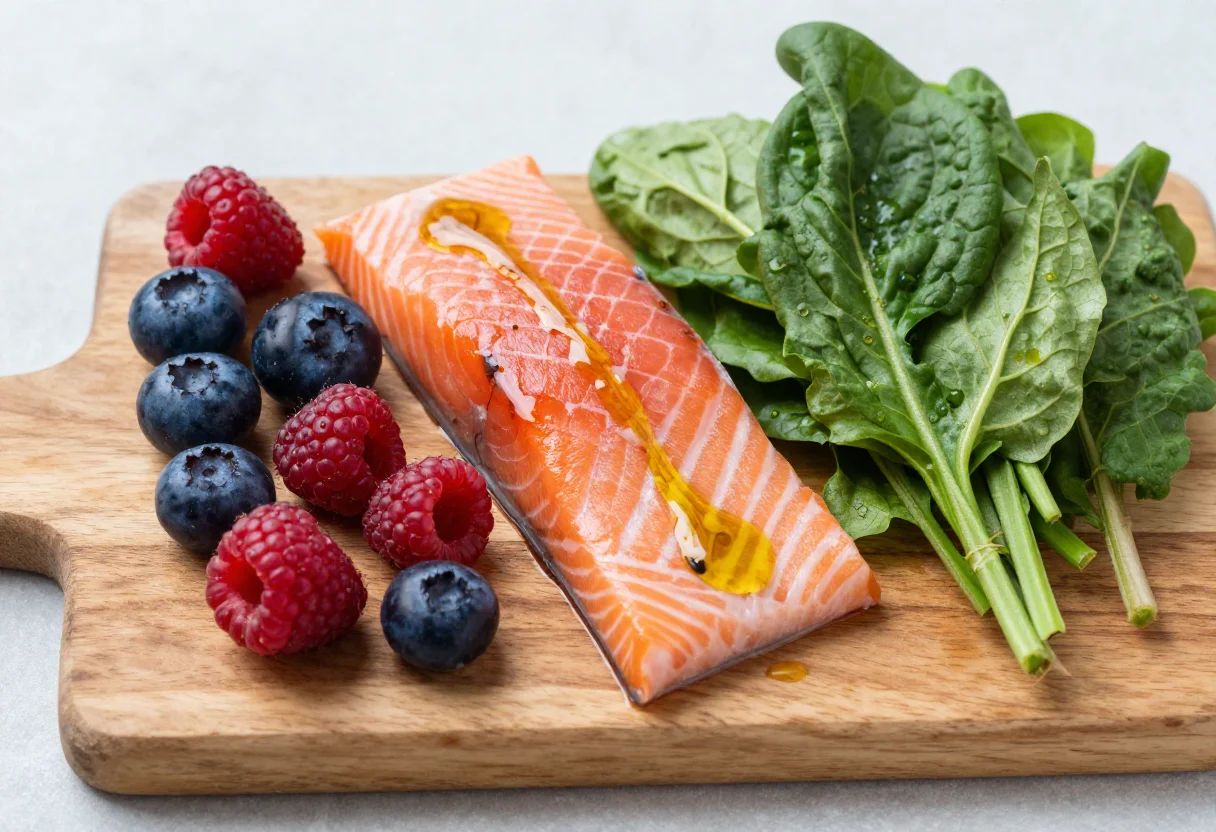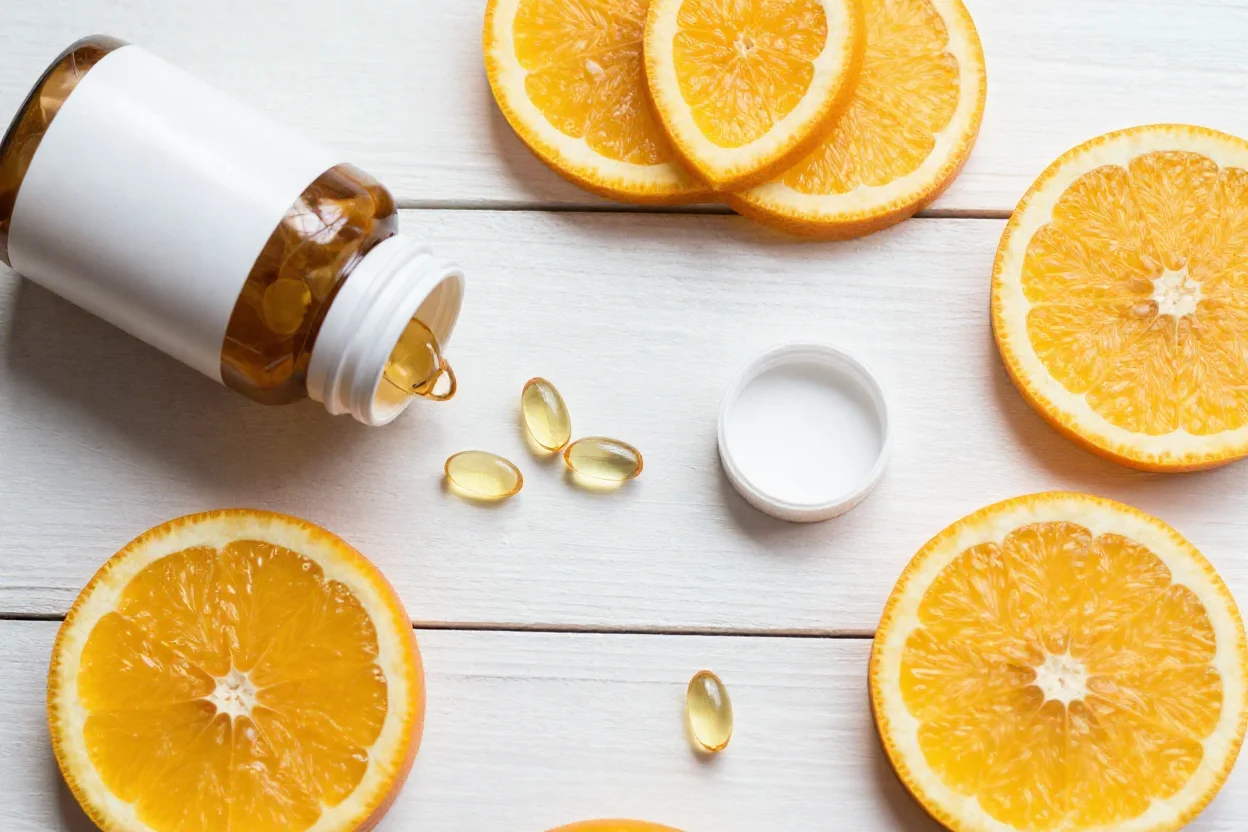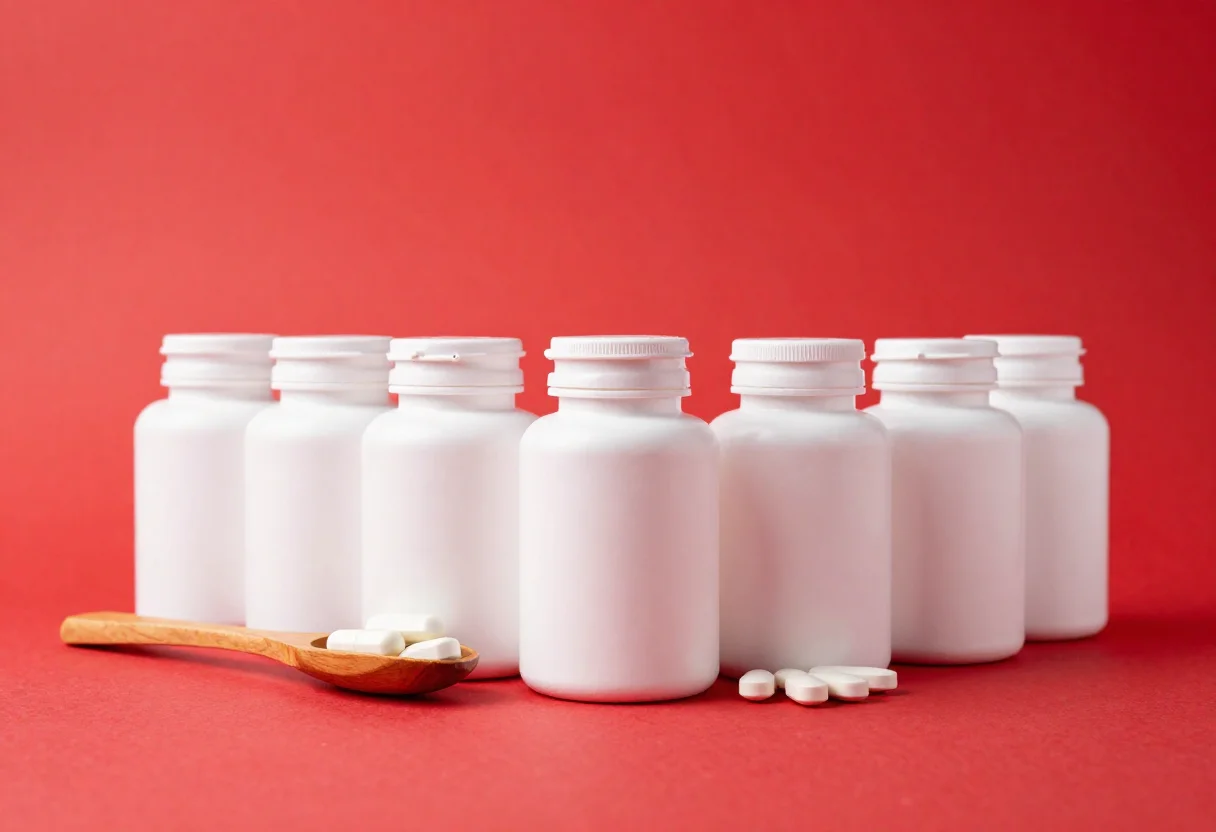
Nutritional supplements are products used to support the existing diet. Although the body's energy and nutrient needs are met by an adequate and balanced diet, sometimes demand in micronutrients such as vitamins and minerals may form. It is recommended to use nutritional supplements to prevent undesirable conditions that may be caused by micronutrient insufficiency and also support vital systems and organs such as the immune system. Supplemental vitamins such as vitamin D, vitamin B12, vitamin C, folic acid, and biotin plus products such as calcium, iron, glucosamine, probiotics, and fish oil are the most popular types of nutritional supplements. Dietary supplements come in many different forms. These include tablets, powders, capsules, chewable tablets, drinks, and energy bars.
Functional drinks, on the other hand, are drinks that contain ingredients that reduce the risk of developing chronic diseases, strengthen the defense mechanism, delay aging, and protect health if consumed regularly. These drinks help us get the vitamins and minerals we need in our daily lives.
1. Ijaz A, et al., Health Benefits of Watermelon (Citrullus Lanatus), in Bioactive Compounds from Multifarious Natural Foods for Human Health. 2022. p. 22.
2. Kasapoğlu KN, et al., 3 - Enrichment of Beverages With Health Beneficial Ingredients, in Value-Added Ingredients and Enrichments of Beverages, Grumezescu AM and Holban AM, Editors. 2019, Academic Press. p. 63-99.
3. Lambrini K, et al., Milk Nutritional Composition and Its Role in Human Health. (2021).
4. Muñoz-Urtubia N, et al., Healthy Behavior and Sports Drinks: A Systematic Review. (2023).
5. Tuyekar SN, et al., An Overview on Coconut Water: As A Multipurpose Nutrition. (2021).















